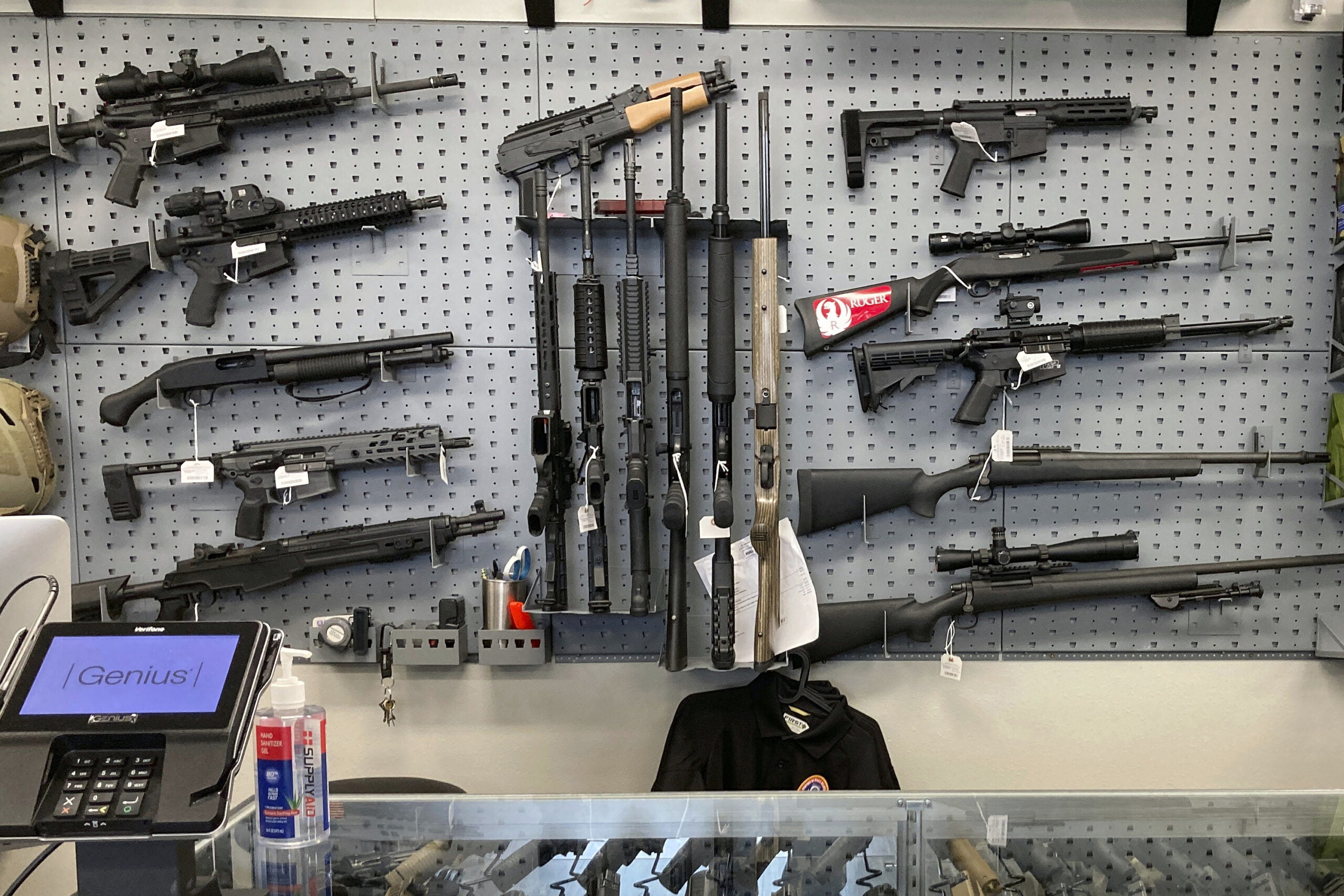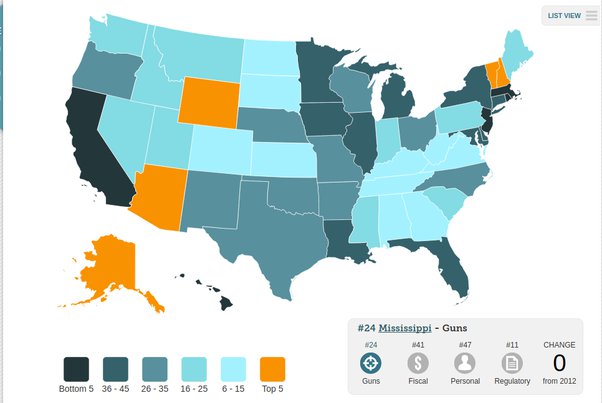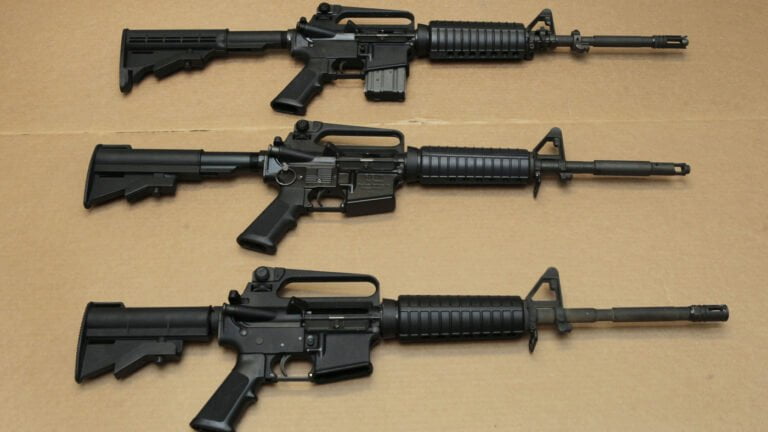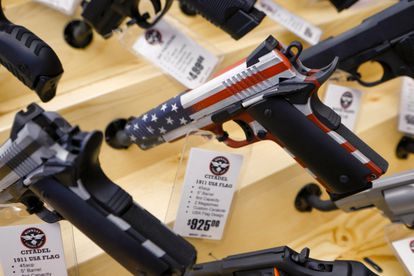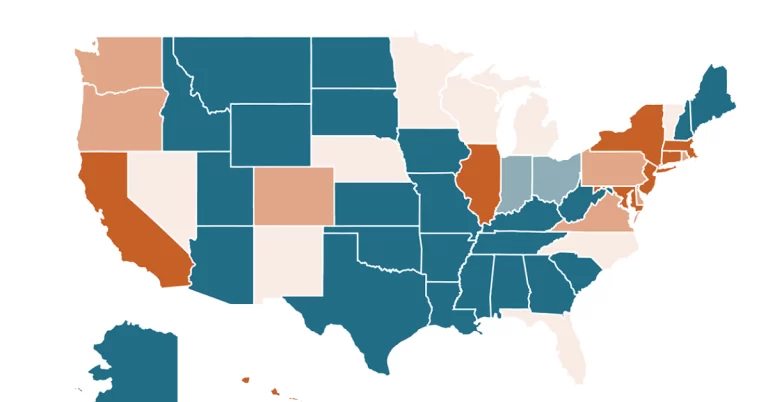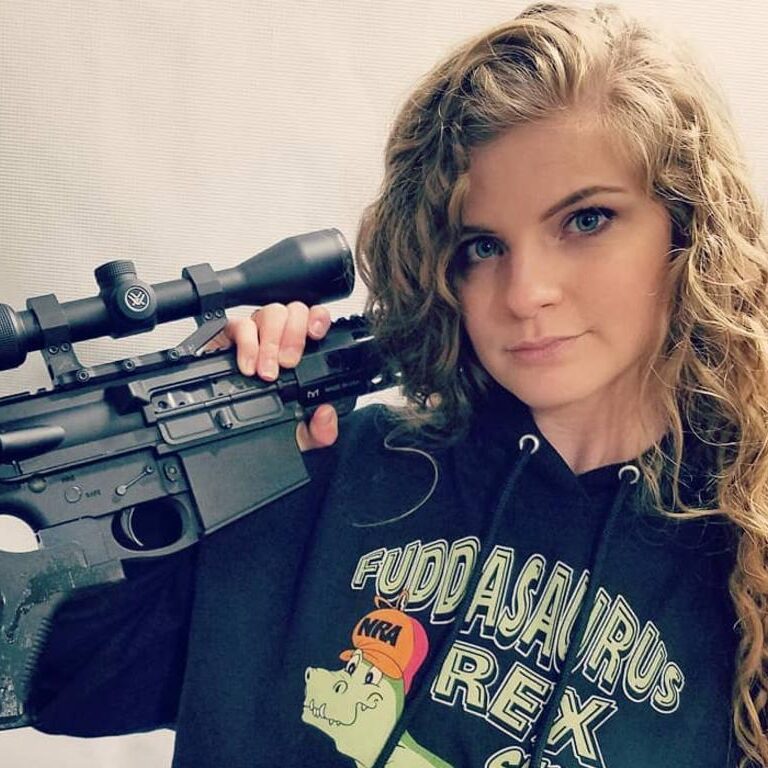States With Weakest Gun Laws
The United States is known for its diverse gun laws, varying significantly from state to state. While some states have stringent regulations to control the possession and use of firearms, others embrace a more liberal approach, making them gun-friendly with weak gun laws. In this article, we will explore the criteria used to categorize such states and delve into the top 10 states with the weakest gun laws.
Introduction
The Second Amendment of the United States Constitution guarantees the right of citizens to bear arms. However, the interpretation and implementation of this right vary across the states. Some states opt for strict regulations to ensure public safety, while others prioritize individual rights to possess and carry firearms. As a result, certain states have gained a reputation for being gun-friendly with weak gun laws, allowing for more liberal use of firearms within their jurisdiction.
Criteria for Weakest Gun Law States
May Carry Vs Shall Carry
One essential criterion used to differentiate states with weak gun laws from others is their policy regarding carrying firearms. States with a “May Carry” policy grant discretion to lawmakers, allowing them to issue permits and decide who can possess firearms. In contrast, states with a “Shall Carry” policy are obligated to provide permits to any resident who meets the requirements for a gun license application.
Age Restriction
Another way states limit firearm possession is through age restrictions. Strong gun law states typically restrict firearm possession to individuals aged twenty-one and above. In contrast, gun-friendly states and states with weak gun laws may allow teenagers, usually eighteen years old, to possess firearms within their territory.
Permit Limitation
The limitation of permits is another common tactic used by states to regulate firearm possession. States with weak gun laws often have lenient permit requirements, making it easier for a larger number of their residents to apply for and obtain permits. Additionally, some weak gun law states may even allow non-residents to apply for gun licenses.
Top 10 States with the Weakest Gun Laws
Arizona
Arizona is considered one of the most Second Amendment-friendly states in the country. It operates under a “Shall Carry” policy, and residents can obtain a gun permit by meeting all the necessary requirements. The state’s public safety department handles gun permit applications, and Arizona allows the open carry of firearms without a permit.
Texas
Texas is another “Shall Carry” state, where residents can apply for a gun license as long as they meet all the specified requirements. The Texas Public Safety Department is responsible for issuing gun licenses, which can be used for both open and concealed carry within the state.
Idaho
Idaho is a “Shall Carry” state where the local chief of a county oversees the issuance of permits. In 2020, Idaho approved a bill allowing anyone above the age of eighteen to possess firearms without a license, provided it is for self-defense purposes. Additionally, Idaho has reciprocity agreements that allow non-residents who have lived in the state for six months to apply for a gun permit.
Arkansas
Arkansas follows a “Shall Carry” policy, with the state public safety department managing gun licenses. While the state does not require a purchase permit for firearms, completing a background check is essential. Arkansas has reciprocity agreements with about twenty other states, allowing residents from these states to carry permits issued by their own state.
Georgia
With over 18 gun-friendly laws and more than 4000 gun-friendly jobs, Georgia ranks among the states with the weakest gun laws. Georgia is a “Shall Carry” state, and residents can apply for a gun license without requiring firearm training. While the minimum age for permit applications is twenty-one, eighteen-year-olds are allowed to possess firearms. Georgia also has reciprocity agreements with over thirty states in the country.
Mississippi
Mississippi is one of the constitutional carry states, but it still issues gun permits for firearm possession. The state follows a “Shall Carry” policy, and as long as all requirements are met, the public safety department will issue a gun license. Mississippi does not require a permit for open carry, and there is no firearm registration for open carry as well.
Alabama
Alabama is a “Shall Carry” state where the sheriff of a local county handles the processing of gun permits. To apply for a state gun permit, applicants must be at least eighteen years old. However, Alabama does not require a permit for open carry, allowing residents to possess firearms without one.
Missouri
Missouri is a “Shall Carry” state with a broad range of available gun jobs, making it friendly to the gun industry. To obtain a gun permit, applicants must meet all gun requirements, and the sheriff of a local county is responsible for issuing the license. While the minimum age for residents to apply for a gun permit is nineteen, non-residents must be at least twenty-one years old.
South Carolina
South Carolina has a “Shall Carry” policy, allowing individuals who are eighteen years old or older to possess firearms, provided there is no federal prohibition. The state also permits the possession of firearms within private properties for individuals who are eighteen years old or older. The minimum age for a gun permit application is twenty-one years.
Utah
Utah is a “Shall Carry” state where the age limit for firearm possession is eighteen years old, as long as there is no federal prohibition. The state allows the open carry of unloaded firearms or firearms with at least two actions away from discharge. While handguns do not require a license for open carry, other long guns do. Utah does not require firearm registration for open carry.
Conclusion
The diversity of gun laws across the United States is a reflection of the country’s varying cultural, social, and political beliefs. While some states prioritize individual rights and maintain lenient regulations, others place a strong emphasis on public safety and enact stricter laws. The top 10 states listed here are known for their gun-friendly environment and weak gun laws, allowing residents to exercise their Second Amendment rights with relative ease.
FAQs;
Q1. Are there any states in the US with strict gun laws?
Yes, many states in the US have strict gun laws aimed at controlling firearm possession and use to ensure public safety.
Q2. Can non-residents apply for gun permits in these states with weak gun laws?
Some states with weak gun laws may allow non-residents to apply for gun permits, expanding the number of individuals eligible to carry firearms within their jurisdiction.
Q3. Are there any age restrictions for firearm possession in gun-friendly states?
Gun-friendly states may have more lenient age restrictions, allowing individuals as young as eighteen years old to possess firearms.
Q4. What is the difference between “May Carry” and “Shall Carry” policies?
“May Carry” policies give discretion to lawmakers to issue permits based on their judgment, while “Shall Carry” policies obligate states to provide permits to residents who meet specific requirements.
Q5. Do states with weak gun laws have reciprocity agreements with other states?
Yes, some states with weak gun laws have reciprocity agreements, allowing residents from partner states to carry firearms with permits issued by their own state.
